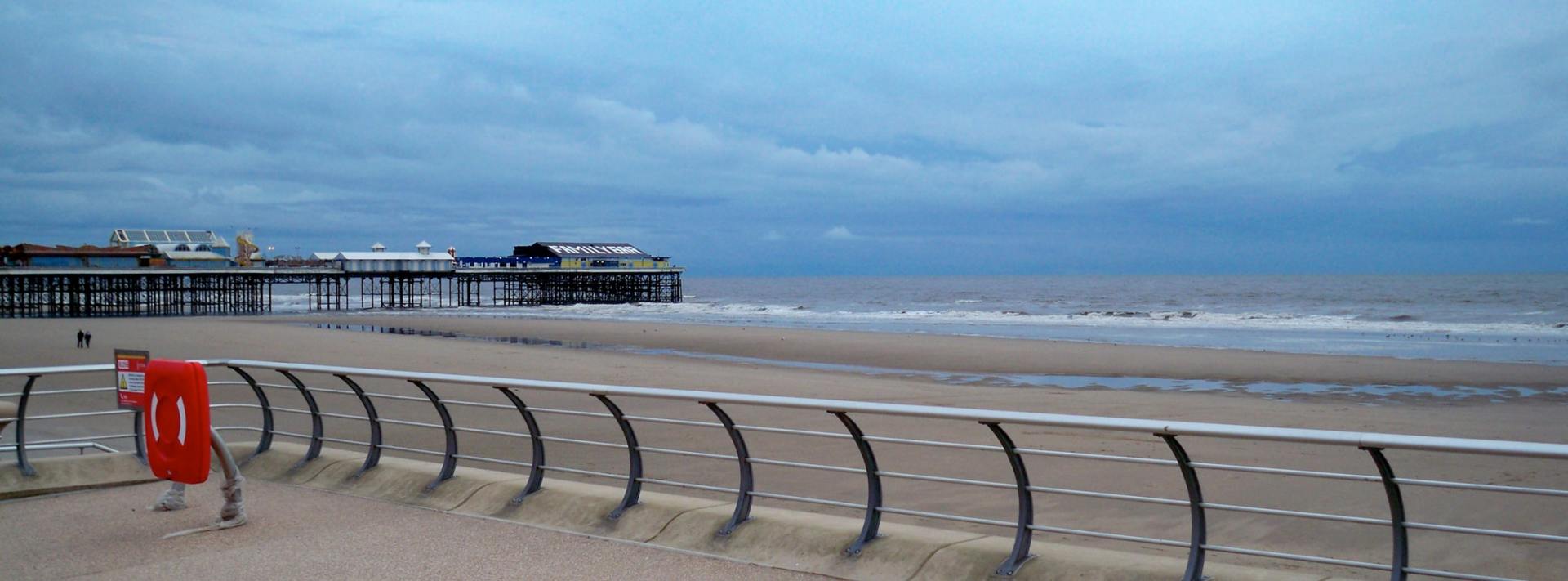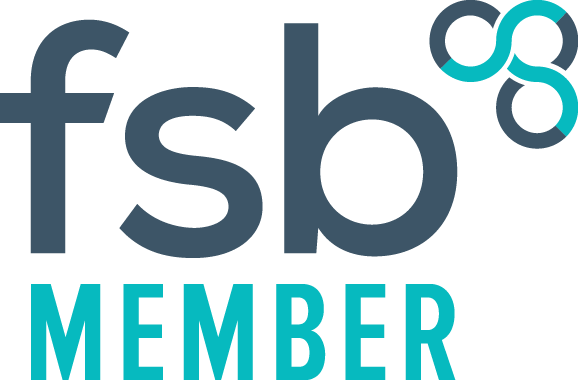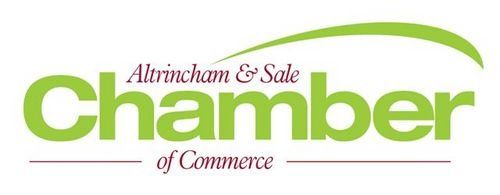Mediation process
The Mediation - what to expect?
The Mediation - what to expect?
Resolving a dispute by issuing proceedings and going to trial is not only expensive and stressful but it takes a long time and there is no guarantee of a successful outcome. See how mediation differs below...
How will things work on the day?
Opening Session
The traditional model for a mediation is for there to be a meeting with both parties and their solicitors present. The mediator will introduce the parties, explain the mediation process and allow both parties to make a short opening statement on the merits of their case, before the parties return to their rooms for further private meetings with the mediator,
On some occasions the mediator will decide to dispense with the opening meeting and commence the mediation with the private meetings
The Opening Statement
The mediator will ask the solicitors to keep their opening remarks brief and not to go over 10 minutes. Even though the statement is short it is an important part of the process and care should be given to what and how you want to use this statement. For example, do you want to:
- Stress either the strengths of your case or the poor prospects of success of the opposition;
- Explain why contrary positions are held in good faith;
- Dispel that your client is a “bad guy” and explain why the client genuinely holds those beliefs;
- Offer an apology to ease the negotiating process:
- Express the desire to continue a commercial relationship
- Introduce other items that a court could not consider
- Consider if you want your client to say anything. It can be very effective.
Private Meetings with the Mediator
Formerly called a "caucus", these meetings are the heart of the mediation process.
These meetings are confidential and so your client will have the opportunity to speak frankly with the mediator, to express concerns, wishes, and to receive information, offers, and challenges to your perceptions. The information will not be shared with the other party without express permission.
During these meetings it is likely that the mediator will:
- Find out the facts;
- Discuss the strengths and weaknesses of your client’s case;
- Robustly challenge the reality of the case;
- Consider the costs incurred to date, the costs to trial and what would be recovered on a costs assessment;
- Discuss the best and worst case scenarios;
- Undertake a costs risk benefit analysis;
- Consider the offers that have been made and encourage you to make counter offers.
- You need to consider how much you need to prepare your client for these questions.
- Always listen to the information that the mediator brings you relating to the other sides case and be prepared to reduce you prospects of success accordingly.
The Settlement Agreement
If the mediation is successful, the mediator will get the parties to sign an agreement to record the terms of settlement before the parties leave. If there are court proceedings then there will be a consent order, or more commonly a Tomlin Order. If proceedings have not yet been issued, then it will be in the form of a settlement agreement.
As mediations often settle out of office hours, it is useful to bring a part drafted agreement with you to save time once settlement has been reached. If the agreement is going to involve some specialist clauses, then it is useful to have discussed these clauses with those specialists in your firm and bring precedents or part drafted clauses with you.
Save time
Save time
Save costs
Save costs
Get a result
Get a result
Remove risk
Remove risk
Meet your expert Mediators
Meet the specialists
Meet your expert Mediators
Want more information?

© 2024
North West Mediation Solutions Limited
Latest news

by Victoria Greenwood
•
04 Mar, 2021
We like to think we will always be around. Unfortunately, our inability to confront our own mortality can have a disastrous effect on those closest to us and our businesses. All businesses need to deal with succession, but farming families are particularly vulnerable to the effects of failing to deal with succession. Why is succession planning so important within farming? One of the main reasons is that children are often involved in working on the family farm and there is this unwritten understanding that one day all of this will be yours. Farming families are also notorious for not having partnership agreements in place, which again can leave the business open to potential disputes over the ownership of the business and its assets. Issues within farming One of the most common disputes that arise in farming families from a lack of succession planning is a proprietary estoppel claim – briefly put this is where: A representation, promise, assurance or other encouragement by the defendant giving rise to an expectation by the claimant that he/she would have a certain proprietary interest. There is reliance by the claimant upon that expectation. Finally, the claimant suffers a detriment in consequence of his/her reasonable reliance on the promise. When can mediation help? During the planning discussions Getting to the actual discussion about succession is often the first hurdle. Farmers are often so busy running the farm that they don’t have time to think about succession planning and for many people having this sort of discussion doesn’t come easy. Family members don’t want to rock the boat – children don’t want to disappoint their parents by admitting they don’t really fancy running the farm. Parents may feel that they are forcing their children into running the farm, but then equally children can be insensitive with their new ideas for the farm, which can often lead to disputes with their elders. Having an open and honest conversation as early as possible – and before a problem arises, is the best course of action. The children may not want to carry on the farm, but by knowing this the parents can plan for their retirement and have something to aim for. Sometimes these discussions will get out of hand. Heated debate may take place and people may get offended and upset. Mediation enables an independent third party to come in and speak with all of those involved. The mediator can: Explore the goals of each family member and what they want to achieve Facilitate conversations between family members so that they understand what others feel and want Enable the family to come up with a way forward together Where no discussions have taken place and litigation ensues Proprietary estoppel cases are fuelled with emotion and often to lead to lengthy, bitter and very expensive litigation. Whist there are practical steps you can take to avoid claims such as avoiding making promises and succession planning, this isn’t always the case. If faced with a claim for proprietary estoppel the parties should consider the use of mediation over litigation as the advantages of using mediation include: Confidentiality – farming communities are small, and these cases are ripe for local gossip and media attention. Cost – a mediation costs between £1500 - £3000 per party vs legal costs of around £100,000 if it went to trial. Speed – the mediation can be arranged within a few weeks and dealt with in one day - in comparison to the time it will take to bring the matter to trial (at least a year) and a possible 3 to 5 day hearing. The parties decide on the solution rather than a Judge making a decision (which often suits neither party).

by Victoria Greenwood
•
17 Feb, 2021
Despite popular opinion they are not something which should be only considered in later life, or at the onset of an illness but right now to ensure your wishes will be respected should you lose mental capacity, be that temporarily or indefinitely. Lasting Powers enable you, the donor, to appoint someone you know and trust to act in your best interest, when you are unable to do so. Their purpose is to promote your independence. Most attorneys will be appointed family members – children and grandchildren. Families do not always agree on things, and this will be no exception when it comes to making decisions as an appointed attorney. What can cause issues? • Underlying family tensions o The initial appointment of the attorney(s) may have exacerbated tensions between family members, with some questioning why they were only appointed as replacement attorney for example. • Lack of consensus of agreement between attorneys • Lack of agreement between attorney(s) and other family members • Lack of agreement/consultation between attorneys, family members and medical professionals • Lack of inclusion/consultation with the donor What kind of disputes can arise? • Accommodation decisions • Financial management • Property management • Care/treatment decisions • Gifts Family disputes can increase the risk to the donor as the disputes may mean that not all decisions are being made in the donor’s best interests, which can have a negative effect on the donor’s care, health and wellbeing. The Court of Protection and the Mental Capacity Act Code of Practice encourage those involved in an attorney dispute to attempt mediation. The mediator must have regard to the Mental Capacity Act 2005 (“MCA”), and one of the areas where mediation helps rebalance the power between donor and attorney(s) is that any settlement must comply with Section 4 of the MCA: “a decision made for a person who lacks capacity must be made in the best interests of that person” Mediation is ideal when people are not communicating well or not understanding each other‘s point of view. It can improve relationships and stop future disputes, so it is a good option for attorneys as it is in their interest to maintain good relationships in the future. Mediation • ensures issues are addressed in the best interests of the donor • involves the donor and takes into account their wishes and feelings • supports the donor in making decisions • enables parties to communicate effectively and understand each other’s points of view • likely cheaper than going to the Court of Protection










